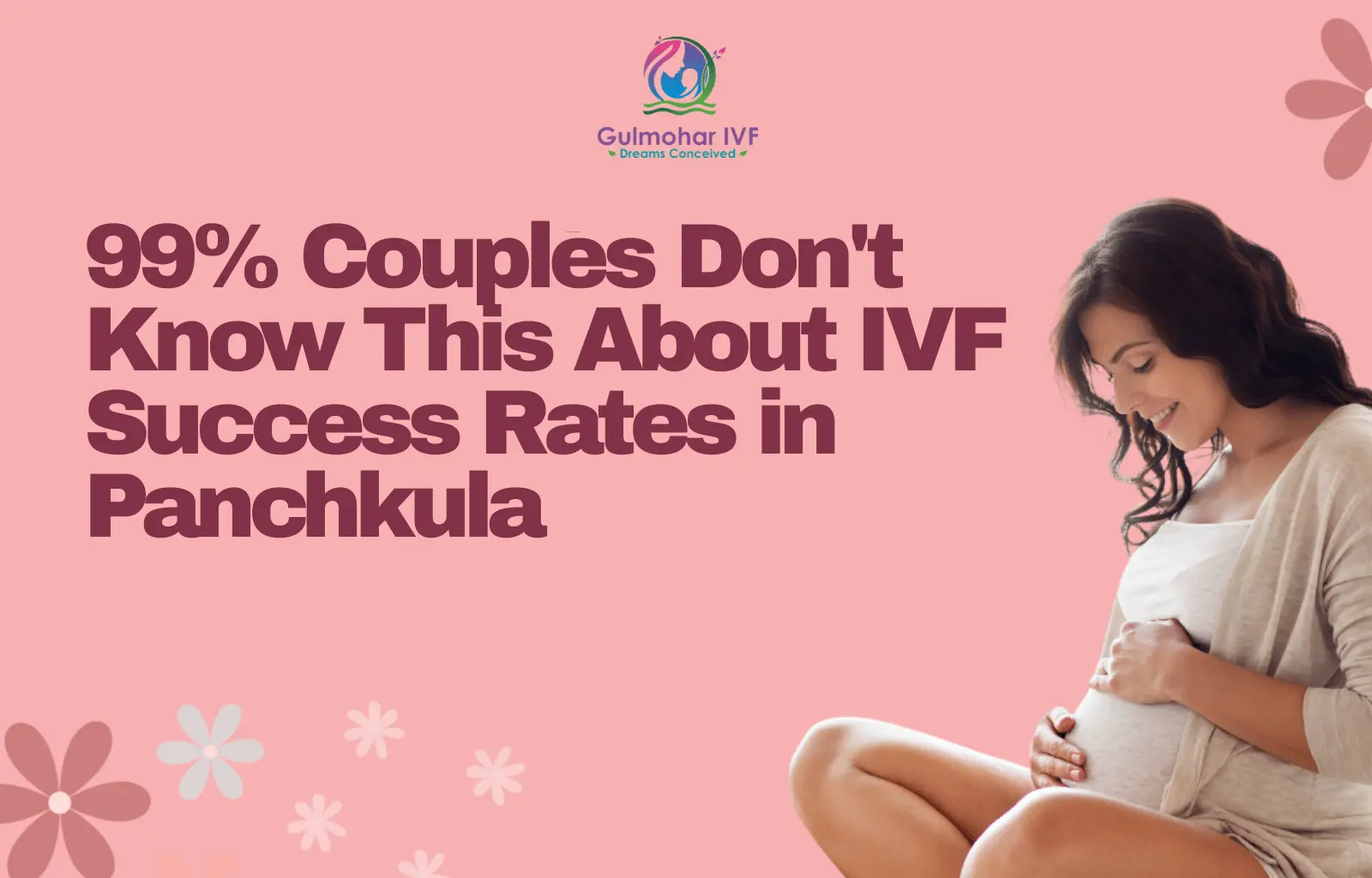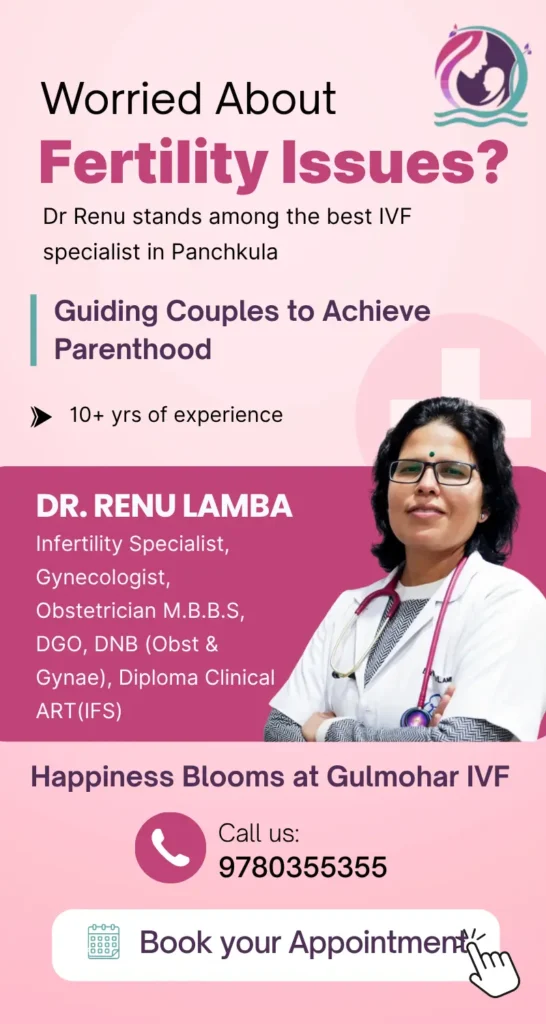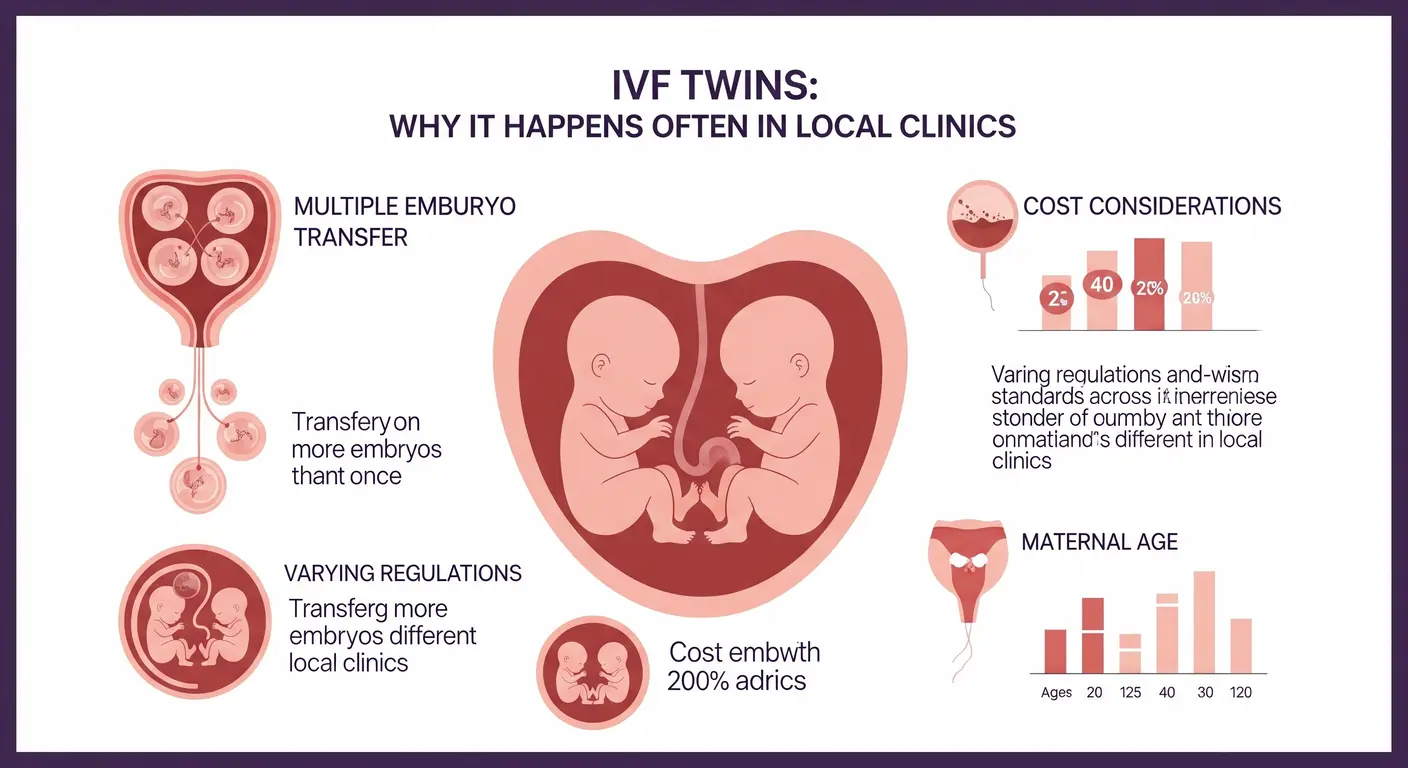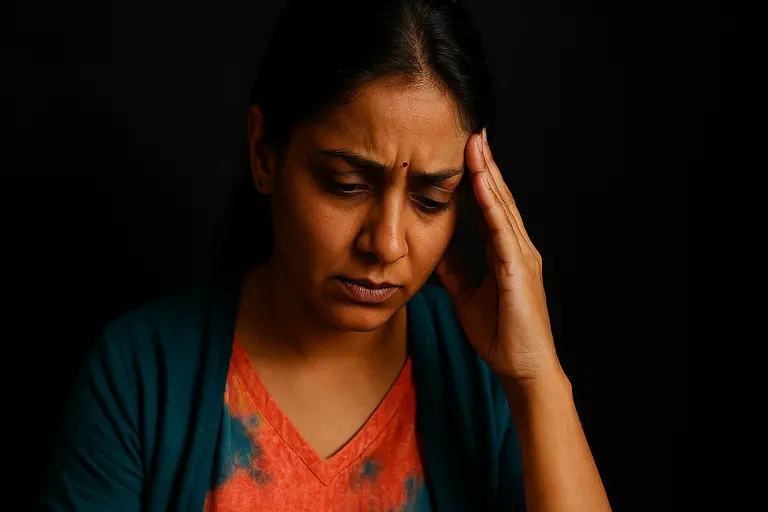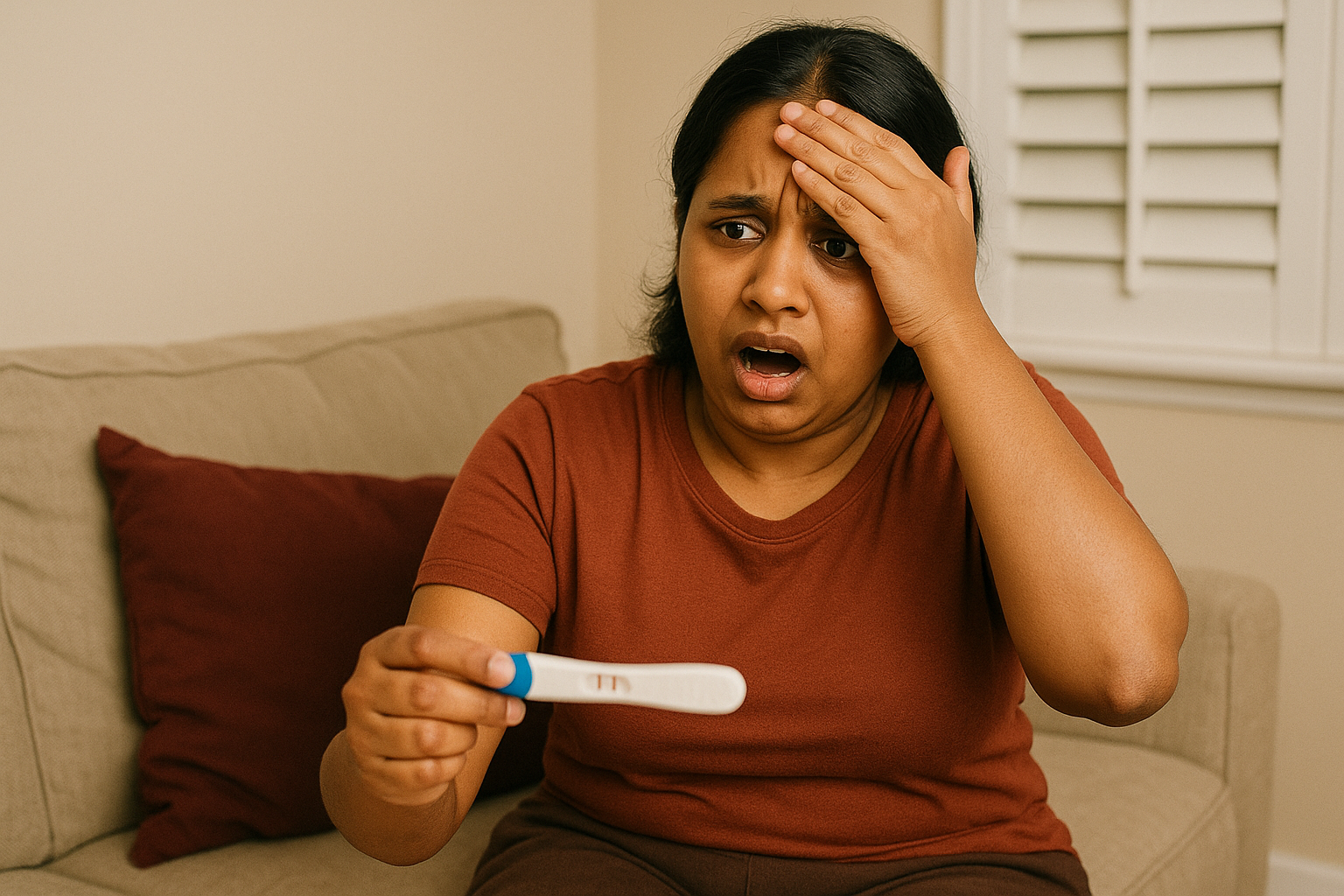“Doctor, success rate kitni hai?” it’s the first thing most couples ask when they walk into Gulmohar IVF in Panchkula.
But here’s the truth most people don’t realise: IVF success rates aren’t one-size-fits-all. They’re not like buying a pressure cooker where the brand rating tells you everything. IVF is more like cooking biryani — even if you follow the same recipe, results depend on the ingredients, your stove, and timing. And sometimes, luck.
Let’s break it down in simple terms, with real examples, Panchkula-style humour, and clear answers.
What is the IVF Success Rate in Panchkula?
At Gulmohar IVF, we see higher-than-average outcomes thanks to personalized care and advanced lab support.
- Under 35 years: 65–70%
- Age 35–38: 45–55%
- Age 39–42: 30–40%
- Above 42: 10–15%
This is significantly better than the Indian average (30–35%), as reported by CDC ART 2021 and the WHO Infertility Facts 2023. But remember, these are not guarantees- they’re trends.
IVF Is Not Like Ordering a Thali
Same thali. Different outcomes. One skips ghee, one adds extra papad, one’s allergic to peanuts — result? Totally different experiences.
That’s IVF in a nutshell. Even if the process is standard, your body’s response, your partner’s sperm health, your egg quality, they change the whole story.
Why IVF Success Rates Vary:
- Age: Younger eggs = better embryos
- Male factor: Often ignored but critical
- Embryo quality: Like board exam marks — quality over quantity
- Hormone response: Not all ovaries behave the same way
- Technology: Advanced labs mean better culture conditions
- Lifestyle: Andolan ke dauraan stress, poor sleep, smoking — sab effect karta hai
Neha & Ravi’s IVF Story (Sector 17, Panchkula)
Neha and Ravi had been married 6 years. They tried everything, Ayurveda, diet charts from YouTube babas, even pooja with 5kg laddoo.
When they came to Dr. Renu Lamba at Gulmohar IVF, we found:
- Stage 2 endometriosis in Neha
- Low sperm motility in Ravi
We did a personalised stimulation protocol, monitored her follicles daily (yes, even on Sundays), and transferred one blastocyst.
Neha conceived in the first cycle. Today, their daughter comes to the clinic and insists on giving the “TV jelly” during ultrasound to new patients!
“Battery Low” = Egg Quality Alert
Think of your eggs like a phone battery. At 25, full charge. At 35, battery health drops. By 40, you’re on 20% and need to carry a power bank (sometimes, that’s donor eggs).
That’s why age is the single biggest factor in IVF outcomes. Not luck. Not astrology. Biology.
How to Improve IVF Success
We often get asked: “Doctor, can we do anything to boost our chances?” The answer is yes.
- Start early, even freezing eggs before 35 helps
- Sleep well and eat better, local sabzi over frozen pizzas
- Exercise, a 20-min Yavnika Park walk counts!
- Reduce stress, try journaling, music, or light yoga
- Both partners should get tested
- Stick to injection timings strictly (set alarms!)
“The body responds best when the mind feels safe.”
What Most Couples in Panchkula Get Wrong
- Assuming one cycle is enough, many need 2–3
- Hiding male factor, semen analysis is 50% of the work
- Delaying due to society pressure or chhoti chhoti shaadi ki baatein
- Getting distracted by YouTube “IVF hacks”
- Comparing with friends from other cities — labs, protocols, and body types differ!
Clinic Rate vs Personal Chances: Ask These Questions
You read “70% success rate” and feel hopeful. But here’s what you should actually ask your doctor:
- “Doctor, what’s the success rate for my age and my condition?”
- “Can we do anything to improve outcomes — like ERA, PGT, or ICSI?”
- “What would you recommend if this cycle fails?”
Being informed helps you plan better, emotionally and financially.
Top Questions to Ask Your IVF Clinic
- What technology do you use? (e.g. time-lapse incubators, blastocyst transfers)
- Do you handle complex cases like PCOS or azoospermia?
- What emotional support or counseling is available?
- How do you handle extra embryos — freezing, storage, costs?
Helpful Internal Links
IVF Cost in Panchkula
https://gulmoharivf.com/in-vitro-fertilization-ivf/
Our IVF Technology
https://gulmoharivf.com/how-ivf-technology-has-advanced-over-the-years/
Types of IVF Procedures
https://gulmoharivf.com/ivf-vs-iui-best-fertility-treatment/
Book consultation with Dr. Renu Lamba
https://gulmoharivf.com/contact-us/
Trusted Sources
- CDC ART Success Data (2021)
- WHO Infertility Facts (2023)
- NIH IVF Outcome Study
- Cleveland Clinic: IVF Explained
Want to speak to a fertility expert?
Want to speak to a fertility expert? Click here to book a private consultation with Dr. Renu Lamba.
Disclaimer: This article is for educational purposes only. Please consult a qualified fertility specialist for diagnosis and treatment options.


